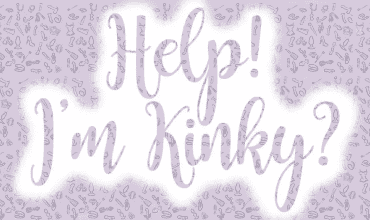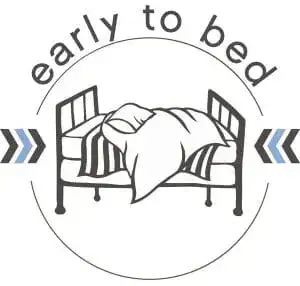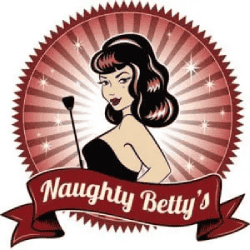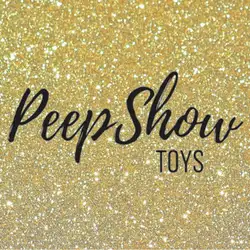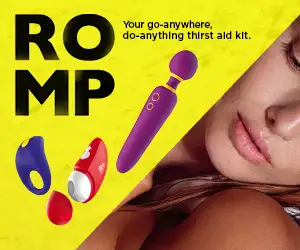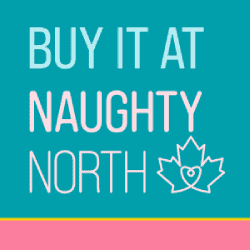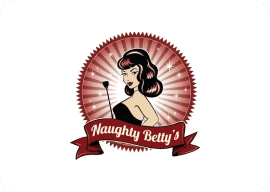New Reader?
Latest Review
Latest Review
Latest News
-
Revisiting Reviews
March 26, 2024 News -
For The Love Of Fucking Packers
March 26, 2024 News, Popular articles
Asking For A Friend
Sales, Deals & Promotions
Save 15% on all Liberator bedroom gear
Get Free Shipping on all orders over $69
Use code SEXBLOGGESS to get 10% off all orders
Save big with Betty’s Bundles of perfectly paired toys
Check out what’s currently on sale
Flat rate US shipping for $7.95, free shipping for orders over $125
Searching for vibes under $30? Click Here!
Get up to 45% off store-wide
Check out new toys
Lapis – wearable strapless strap-on
Vulce – thrusting egg vibrator
Solace – automatic penis stroker
Kraken – stretchy masturbator sleeves
Ridge – vibrating rotating anal beads
Save up to 60% on these Hot Deals
Use code SexBloggess at checkout to get 10% off your order
Free US ground shipping on orders of $70 or more
$5 flat rate shipping on US ground orders less than $70
01/19 – 1/26 : Get 15% off Pulsators, Rotators, and Thrusters with code PULSE15
Get up to 50% off Clearance Items
Free shipping on US orders $68 and over after discounts
1/25 – 1/29 : Get up to 40% off the Stockroom Brand sale
Every Day : Stockroom slashes the prices on one or more items in the Daily Deal
Every Day : Get deep discounts at the Stockroom Outlet
01/21 – 02/15 : Spend $149+ and get a free Bestselling toy included in your purchase
Shop the 50% off Valentine’s Sale
Get Free Shipping on all orders over $69
Check to see what’s currently on closeout
Get 10% off with code SEXBLOGGESS








